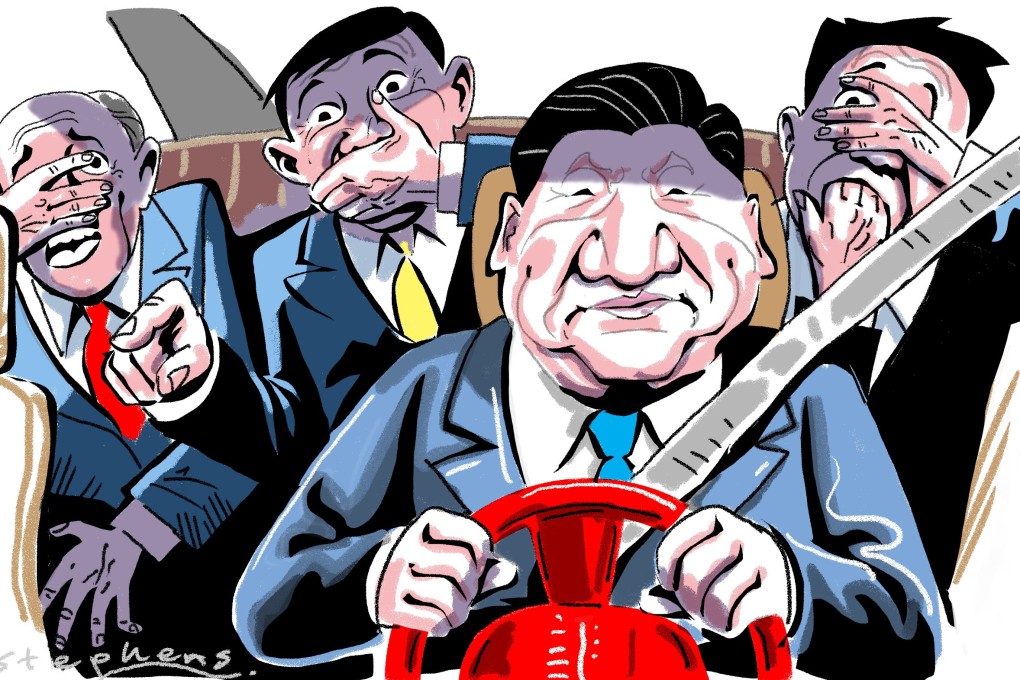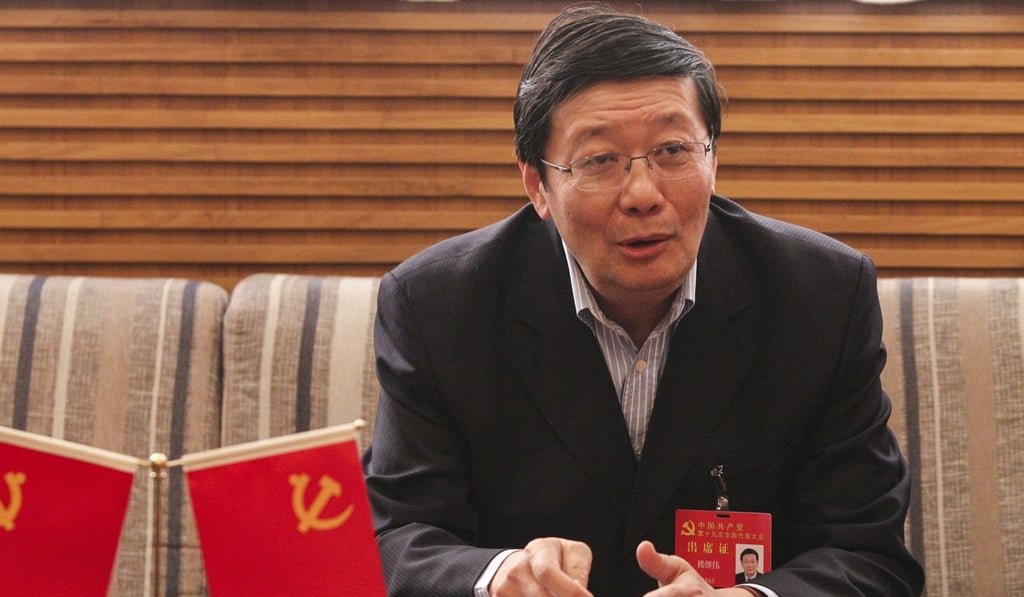Advertisement
Opinion | Xi Jinping’s intolerance of dissent within government heightens the risk of Chinese policy mistakes
- The dismissal of an outspoken reformist official reflects a profound change, under Xi, in the way Chinese leaders govern: from a collective decision-making process in which disagreements and debate were allowed, to a centralised leadership style in which loyalty and conformity are prized
Reading Time:3 minutes
Why you can trust SCMP

Lou Jiwei may not be a household name in the West, but the former Chinese finance minister is well known and highly respected among financiers and economic policymakers. Yet, earlier this month, China’s government announced that Lou was being replaced as chairman of the country’s national social security fund. The move reflects a change in the Chinese leadership’s approach to governance that is likely to have profound implications for the country’s future.
The removal of Lou from his post represents a break from precedent: his three predecessors served 4½ years, on average, and all retired after reaching 69. The 68-year-old Lou served for just a little over two years. China’s leaders did not provide a reason for his departure, but a likely explanation stands out. Lou has recently emerged as an outspoken critic of China’s ambitious industrial policy agenda, “Made in China 2025”, calling it a waste of public money.
Made in China 2025 had already aroused suspicion among China’s Western trading partners. They view the programme as an effort by China to use unfair means – namely, government support for strategic sectors – to displace the West as the world’s leader in advanced technologies. The scheme was one of the factors that precipitated US President Donald Trump’s trade war with China.
Advertisement
Since the trade war began, China’s leaders have deliberately toned down the hype surrounding Made in China 2025, suggesting that they recognise the high cost of moving forward with the programme. In this context, Lou’s criticism is not particularly scandalous – unless, of course, China’s leaders are merely pretending to back off until trade tensions ease.

Advertisement
But the implications of Lou’s dismissal extend beyond Made in China 2025. Lou is a hard-charging reformer with an illustrious record of accomplishments.
Advertisement
Select Voice
Choose your listening speed
Get through articles 2x faster
1.25x
250 WPM
Slow
Average
Fast
1.25x
